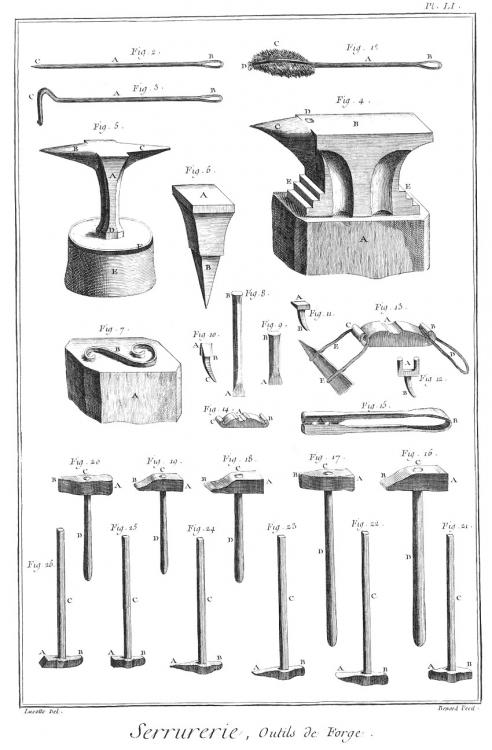“As plenty in King-street as the paving stones”
On 14 March 1770, 250 years ago today, Josiah Collings went to magistrate Edmund Quincy to swear to this deposition, which he then had published in the 26 March Boston Gazette:
The Whigs and other defenders of Boston’s reputation of course sought to squelch any idea of nefarious purposes—on their side, at least. When some people said Collings was spreading the story around, he felt enough pressure from his neighbors to issue this public denial. In sum, the blacksmith was denying a rumor about spreading a rumor.
I don’t have much more information about Joseph Collings. He married Mary Wallace in 1763 and Elizabeth Granger ten years later. He may have been the Joseph Collins appointed as a town watchman in December 1774, or maybe not.
To the Inhabitants of the Town of BOSTON,Just as the Boston Whigs had their conspiracy theories about royal appointees, those bureaucrats had conspiracy theories about the Whigs and the crowd. They theorized that a mob had attacked Pvt. Hugh White on King Street not because he’d clubbed apprentice Edward Garrick for speaking disrespectfully of Capt. John Goldfinch but because they really wanted to attack the Customs House and loot it.
WHEREAS by some evil minded person or persons, it has been diverse times since the public massacre in King-street on the evening of the 5th day of March current, reported, That a blacksmith who works near the foot of Beacon-hill, did swear that some of the Inhabitants of the said town of Boston did say at the time of the said massacre, that the dollars which should be taken out of the Custom-house would be as plenty in King-street as the paving stones:——
And whereas it as been surmis’d of me the subscriber, who have for some time past work’d as a blacksmith near the said place, that I had spoken as above.——
I do now hereby declare, That I have never heard any of the inhabitants of this town say any thing touching a design upon the Custom, or any money, or other thing thereto belonging; and that a thought of that nature was never in my mind.
JOSIAH COLLINGS.
The Whigs and other defenders of Boston’s reputation of course sought to squelch any idea of nefarious purposes—on their side, at least. When some people said Collings was spreading the story around, he felt enough pressure from his neighbors to issue this public denial. In sum, the blacksmith was denying a rumor about spreading a rumor.
I don’t have much more information about Joseph Collings. He married Mary Wallace in 1763 and Elizabeth Granger ten years later. He may have been the Joseph Collins appointed as a town watchman in December 1774, or maybe not.


No comments:
Post a Comment